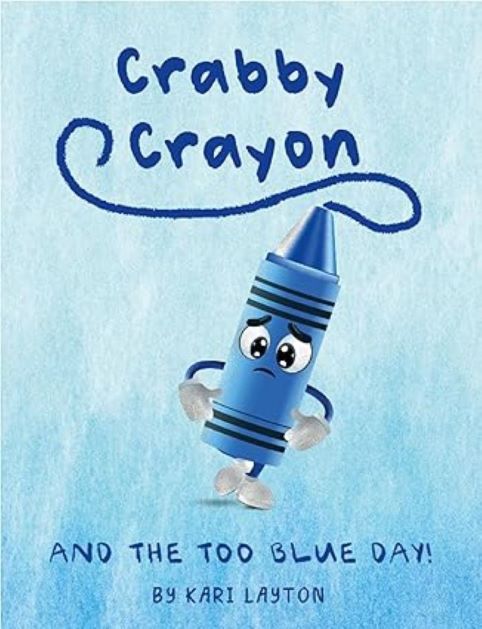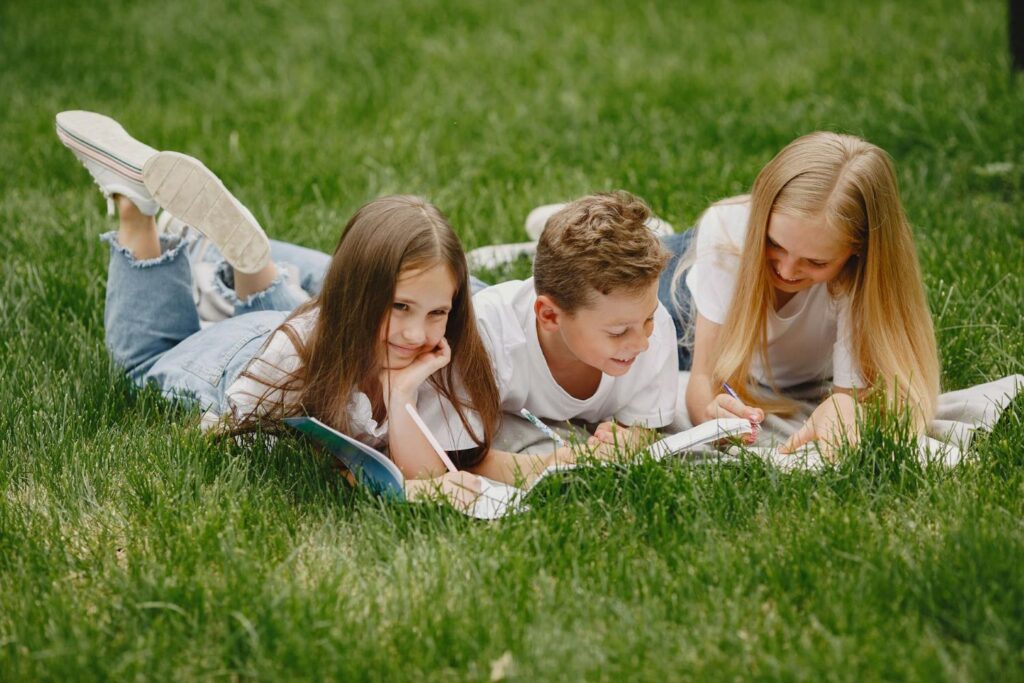Problem-solving is a crucial skill that helps children think clearly and make better decisions. Engaging in problem-solving activities can boost a child’s ability to think critically, develop creativity, and improve their overall learning.
Here are 7 fun problem-solving activities for kids that can build their critical thinking skills.
1. Puzzle Games
Puzzles, whether jigsaw, Sudoku, or word searches, are a great way for kids to practice problem-solving. These activities encourage them to think logically, notice patterns, and apply strategies. As children figure out how pieces fit together or solve a problem step-by-step, they develop patience and persistence.
2. Treasure Hunts
Create a treasure hunt where kids have to solve clues to find hidden objects. This activity sharpens their ability to think critically and make decisions based on the information they have. It also encourages teamwork and helps children practice following instructions.
3. Building Challenges
Using building blocks like Legos or even everyday objects like cups or sticks, challenge kids to create something specific. This encourages them to think about structure, balance, and design. They’ll also develop problem-solving strategies as they figure out how to build with the materials they have.
4. Riddles and Brain Teasers
Riddles are a fun way to stretch your child’s thinking. Whether simple or complex, these mind puzzles help kids improve their logical thinking skills. You can introduce them with age-appropriate riddles that require kids to think outside the box, making problem-solving more engaging and entertaining.
5. Memory Games
Memory games where kids match cards or objects help improve concentration and recall. The game forces children to remember and compare information, a key component of critical thinking. By playing these games, children practice both short-term memory and logical thinking.
6. Science Experiments
Hands-on experiments are an excellent way for kids to solve problems while learning about the world around them. Whether it’s making a volcano erupt or building a simple rocket, science experiments teach kids how to hypothesize, test their ideas, and analyze results.
7. Role-Playing Games
Role-playing encourages kids to think creatively and solve problems in a social context. Whether they’re pretending to be detectives solving a mystery or superheroes saving the day, these activities allow kids to think critically about how to resolve conflicts and make decisions.

Conclusion
These problem-solving activities for kids are not only fun but also help nurture the essential skills they need to tackle challenges in life. By incorporating these activities into their routine, children will improve their critical thinking, creativity, and decision-making abilities.
The book Crabby Crayon: And the Too Blue Day! by Kari Layton is a perfect example of how kids can learn to approach problems creatively. The story inspires children to reflect on the power of their ideas while highlighting the value of collaboration and considering others’ perspectives to achieve the greatest impact.

